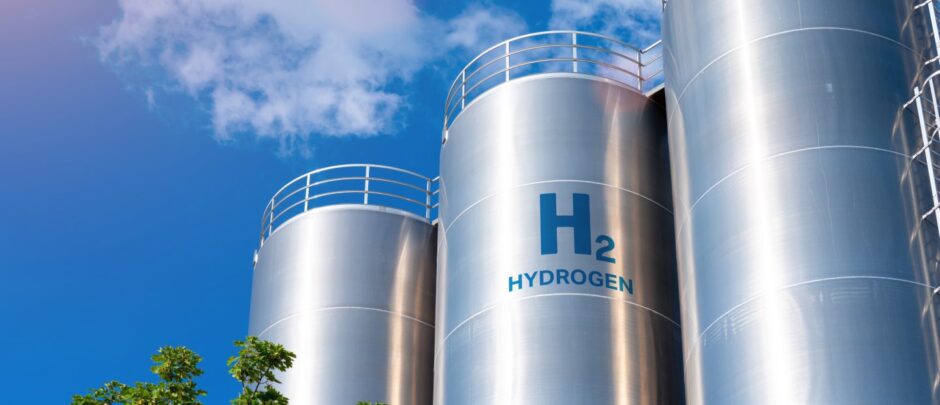
Manchester-based Circular Refining & Products has unveiled plans to develop a nuclear-derived ‘ruby’ hydrogen production facility at Deeside Industrial Park, on the border between North Wales and Northwest England.
The proposal was outlined in a May 28 company announcement published by the West Cheshire & North Wales Chamber of Commerce.
Circular Refining described the hydrogen that would be produced by the project as “ruby hydrogen” and said it was seeking collaboration with local businesses in order to make the facility a reality.
Circular Refining is proposing to build a 100MWe nuclear park and a 100MWe electrolyser for hydrogen production. The facility would be the first of its kind.
The project would be developed in five stages, with each stage comprising a small modular reactor (SMR) with a nuclear power generation capacity of 20MWe that would be built alongside a dedicated 20MWe of hydrogen production capacity.
On the nuclear side, each stage would require a steam turbine building and on-site storage capacity for the electricity that would be generated. For the electrolysis and hydrogen production component of the project, four 5MWe electrolyser containers would be built for each stage.
These would be used to split water molecules to produce hydrogen, and would be powered by the generated electricity.
The produced hydrogen could be distributed across the region by road and rail, according to the announcement.
In a separate announcement a few days earlier, Circular Refining said that the hydrogen produced at the project would be used to supply a new network of refilling stations. In the latest announcement, it added that in particular, it was interested in collaborating with operators of heavy goods vehicles (HGVs) that were interested in adopting hydrogen as fuel.
“Hydrogen fuel offers a clean-burning alternative that significantly reduces emissions, making it a perfect fit for businesses committed to sustainability,” the company stated in its announcement. “By adopting hydrogen fuel, you can become an early adopter in this exciting transition towards a clean energy future.”
Few further details have been shared at this stage, but the company is seeking investors and offtakers for what it has described as an “ambitious yet achievable” first phase of the project. The company believes that the phased approach will allow its technology and infrastructure to adapt and expand over time.
“Ultimately, this project offers a viable path for the region to achieve its net zero goals,” Circular Refining said.
Ruby hydrogen
This comes as other companies have also been exploring the possibilities of producing hydrogen using nuclear power, given the lower carbon footprint that would be involved compared with the use of fossil fuels to produce hydrogen.
However, initiatives to produce hydrogen using nuclear are still at an early stage. According to an update from the International Atomic Energy Agency (IAEA) earlier in May on the recent conclusion of a Coordinated Research Project (CRP) examining the use of nuclear power for hydrogen production, there are currently several demonstration projects underway and others planned.
The IAEA points out that different types of nuclear power plant (NPP) could be coupled with different hydrogen technologies. For example, conventional electrolysis requires only electric power, the IAEA notes, whereas other hydrogen production technologies, such as thermochemical cycles, may require only process heat.
There are also hybrid technologies, such as high-temperature steam electrolysis (HTSE) and hybrid thermochemical cycles, which require both heat and electricity, according to the agency.
Given the nascent nature of the industry and the particular ambitions of Circular Refining’s project, the company has a long way to go before it can realise its plans.
Recommended for you
